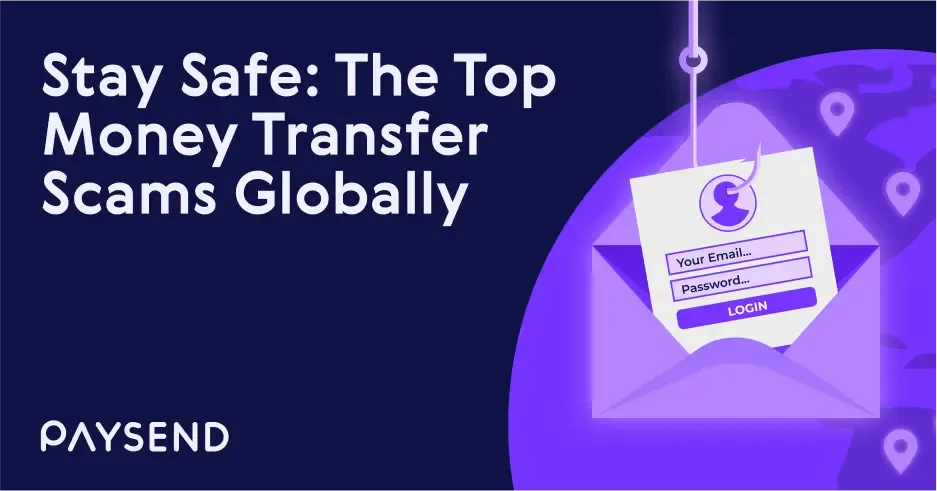Paysend white paper - Digital money transfers and the empowerment of women

All over the world, gender inequality makes it difficult for women to enjoy the same level of financial independence and inclusion as their male counterparts.
This is most evident in low-income countries, where financial infrastructure, socio-economic situations and prejudiced behavioural attitudes prevent women from taking control of their own financial destiny. Digital money services - particularly digital money transfers - are a way to change this.
Our white paper, entitled Digital money for inclusion. How FinTech is supporting the empowerment of women, explores the importance of digitisation of money transfers in creating a more inclusive financial world for women. By extensively using data from the World Bank and a number of other sources, the white paper aims to connect the dots between financial exclusion, digital money and gender equality.
You can download the white paper below:
最新帖子

Sending money internationally has never been easier, but as digital payments become more popular, so do scams targeting unsuspecting senders. Fraudsters use various tactics to deceive people into transferring money, often pretending to be banks, employers, or even loved ones in distress.
To help you stay protected, we’ve outlined some of the most common and most recent money transfer scams happening around the world and how you can avoid them.

Sending money to Poland isn’t just about transactions - it’s about staying connected with loved ones, supporting family, and helping celebrate life’s special moments. Whether it’s funding daily expenses, contributing to education, or lending a hand during festive occasions, the process should be fast, secure and hassle-free. With Paysend’s partnership with Visa, transferring money to Poland has never been easier.